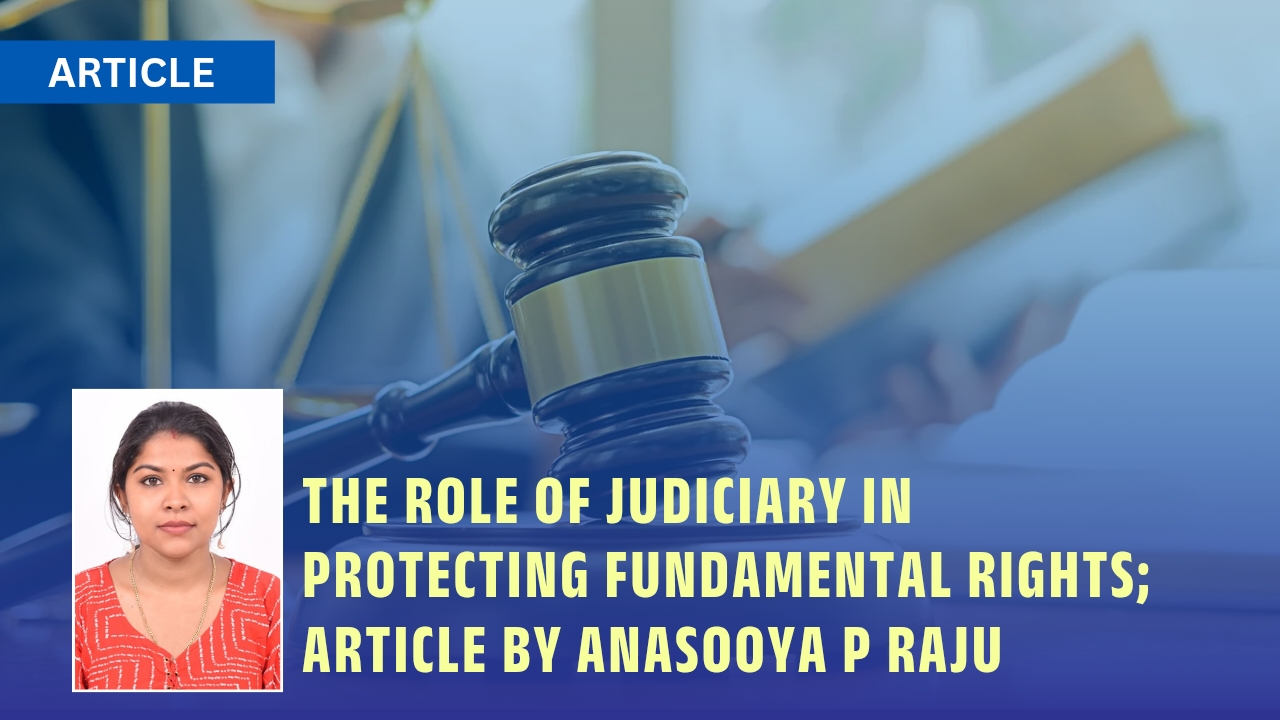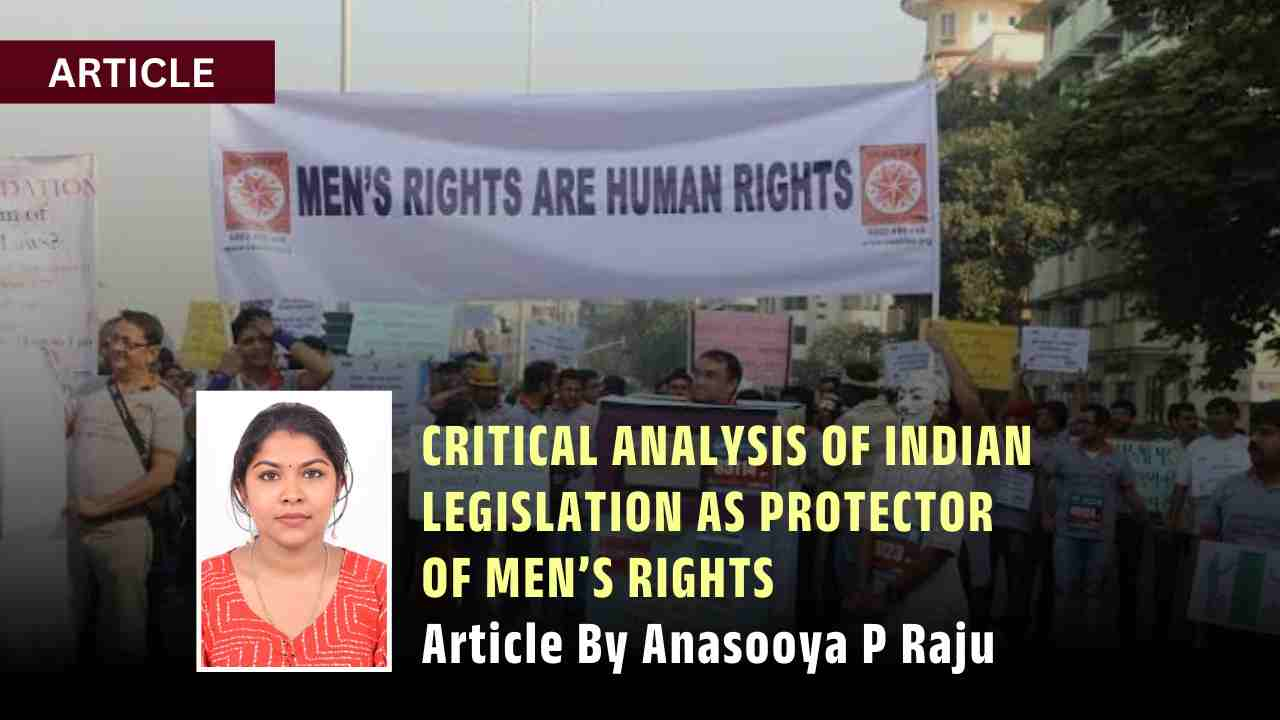INTRODUCTION
In a democratic nation, the judiciary serves as the guardian of the Constitution and the protector of citizens’ fundamental rights. Fundamental rights are the basic human freedoms guaranteed by the Constitution, and it is the responsibility of the judiciary to ensure that these rights are respected and upheld by the state and its institutions.
UNDERSTANDING FUNDAMENTAL RIGHTS
The Indian Constitution, under Part III (Articles 12 to 35), guarantees six broad categories of fundamental rights to all citizens:Right to Equality (Article 14-18)Right to Freedom (Article 19-22)Right against Exploitation (Article 23-24)Right to freedom of Religion (Article 25-28)Cultural and Educational Rights ( Article 29-30)Right to Constitutional Remedies (Article 32)These rights are essential for the overall development of individuals and the functioning of a democratic society.
JUDICIARY AS THE GUARDIAN OF RIGHTS
The judiciary, especially the Supreme Court and High Courts, plays a crucial role in protecting these rights through various means:
JUDICIAL REVIEW
The judiciary has the power to review laws and executive actions. If any law or government order is found to be in violation of fundamental rights, the courts can declare it unconstitutional and invalid.
ARTICLE 32 AND ARTICLE 226
Article 32 of the Constitution provides the right to constitutional remedies, allowing individuals to directly approach the Supreme Court for the enforcement of their fundamental rights. Similarly, Article 226 allows individuals to approach High Courts for the same purpose. These articles act as a safeguard for citizens and are often referred to as the “soul of the Constitution.”
PUBLIC INTEREST LITIGATION
Through the concept of Public Interest Litigation, the judiciary has widened access to justice. It allows any citizen or group to file a petition on behalf of those whose rights have been violated, even if they are not directly affected. This has helped protect the rights of the poor, marginalized, and voiceless sections of society.
INTERPRETATION AND EXPANSION OF RIGHTS
The judiciary has expanded the scope of fundamental rights through progressive interpretation. For example, the right to life and personal liberty under Article 21 has been interpreted to include the right to privacy, right to a clean environment, right to education, and more.Landmark JudgmentsSome landmark cases that highlight the judiciary’s role in protecting rights include:Kesavananda Bharati vs. State of Kerala (1973) – upheld the basic structure doctrine and protected the fundamental rights from arbitrary amendments.Maneka Gandhi vs. Union of India (1978) – expanded the interpretation of Article 21.Justice K.S. Puttaswamy vs. Union of India (2017) – recognized the right to privacy as a fundamental right.
Conclusion
The judiciary plays an indispensable role in ensuring that the fundamental rights enshrined in the Constitution are not just theoretical ideals, but are actively protected and enforced. Through its powers of judicial review, constitutional remedies, and progressive interpretation, the judiciary stands as the pillar of justice and democracy. It ensures that the rights of every citizen are respected and preserved, making it the true guardian of the Constitution.





